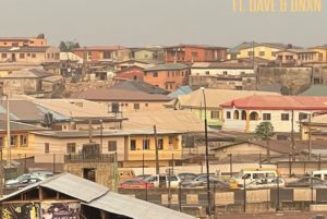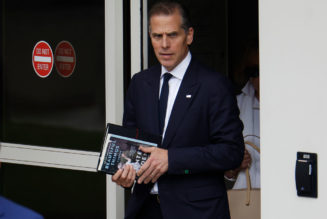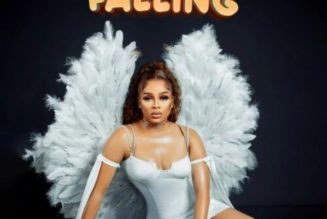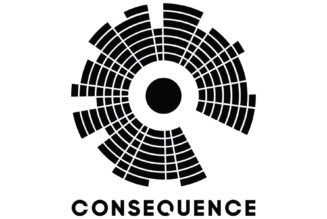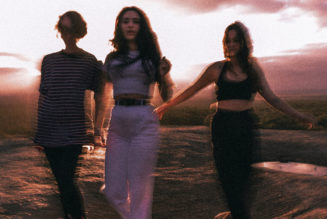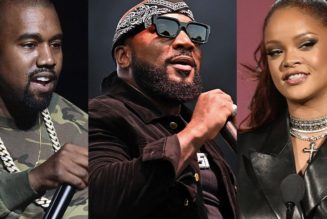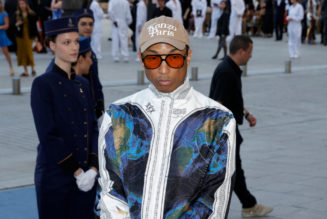The Grammy-nominated pioneer is introducing global audiences to African genres like Afrobeats and Amapiano
For years, social media platforms has helped bridge the gap between African artists, creatives and communities on the continent and the global diaspora – and none more so than TikTok. The app, which has shaped so much of pop culture and the general zeitgeist for the past four years, has played a unique role in the globalisation of African music, bringing genres like Afrobeats (the fastest growing genre of the past decade) and amapiano into the mainstream. Notably, the Recording Academy even added a new category for ‘Best African Music Performance’ to this year’s Grammy Awards for the first time in history, recognising the global influence of African music.
Nigerian superstar Davido is among the artists who have experienced the ‘TikTok effect’ at its finest. Last year, the 31-year-old Afrobeats pioneer, who has built a decade-long career as a singer, songwriter and producer in Lagos, solidified his position as an international artist with the release of his fourth album, Timeless – the first African album to ever top US iTunes charts. His lead single, “UNAVAILABLE” featuring South African producer Musa Keys, quickly went viral with a TikTok dance trend, reaching over 100 million streams on YouTube and Spotify, and even earned a Grammy nomination.
Earlier this month, Davido, who was born in Atlanta but raised in Lagos, Nigeria, played his biggest US show to date at New York’s Madison Square Garden – a moment that not only speaks volumes about the evolution of Afrobeats, but his own star power. “People don’t understand the importance of this venue,” he told Dazed, ahead of his headline show. “Only the greatest of the greatest have played here. It feels like I have arrived.”
Born David Adedeji Adeleke, Davido first made a name for himself as an artist across West Africa in the early 2010s and has been on an upwards trajectory since. Having spent time in both the US, where he studied in Alabama, and the UK, he has always been embedded in the diaspora, all while keeping his Nigerian roots at the core of his identity as an artist. “I always shout out to the diaspora for really pushing the craft on this side of the world, and of course Africans back home – we’ve been creating this music for a long time. To play at the Garden, in New York, the first city to embrace me and the African vibes, shows how far we have come.”
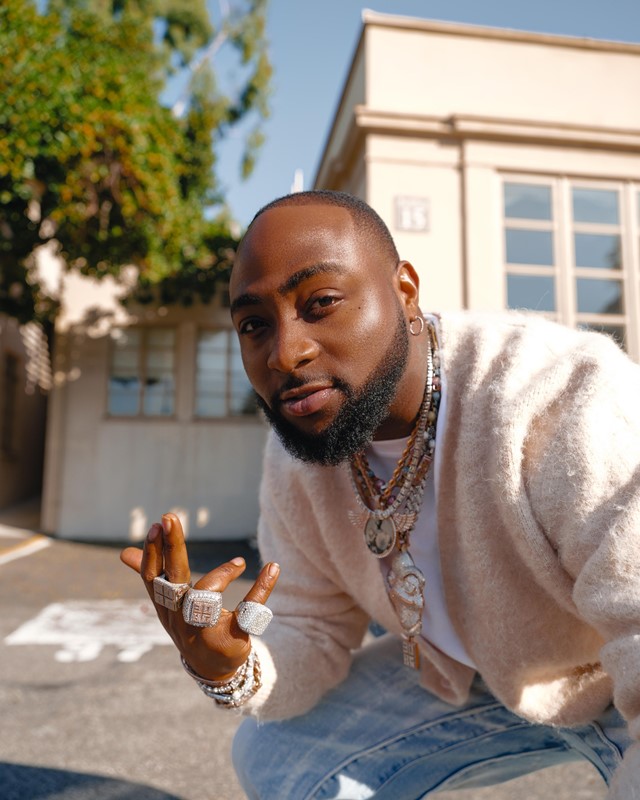
The ability to merge these two cultures seamlessly together through music has allowed Davido’s fanbase to spread far and wide. “I remember at school in the US, 70 per cent of the time I’d be listening to African music by artists like P Square, and my American friends around me would be asking what it was. They were feeling it. I’d tell them this shit is going to blow up soon, just wait,” he says. “So I always knew that once the opportunity comes for people to actually hear our music and discover it, that’s all we’d need. The music would do the rest, and that’s exactly what has happened.”
That opportunity has been the visibility of social media, which has had both positive and negative implications for the music industry over the years. On one hand, platforms like TikTok have diversified the nature of mainstream music by giving artists from all corners of the world access to a global audience and, by extension, a chance for global success. For instance, TikTok ranks as the second-most common music discovery source behind YouTube for teenagers in the US; a MIDiA Research survey that showed 45 per cent of 16- to 19-year-olds found new music through the platform.
On the flip side, the popularity of music on the app has caused major disputes with record labels over royalty payments as well as AI policies. In March of this year, Universal Music Group removed nearly all music owned, distributed and published by the company from TikTok after failing to reach an agreement on how much the app should pay their artists. Meanwhile, US President Joe Biden recently supported a bill to ban TikTok in the US over growing concerns about the app’s Chinese parent company ByteDance, allegedly using it to spy, and collect American user data.
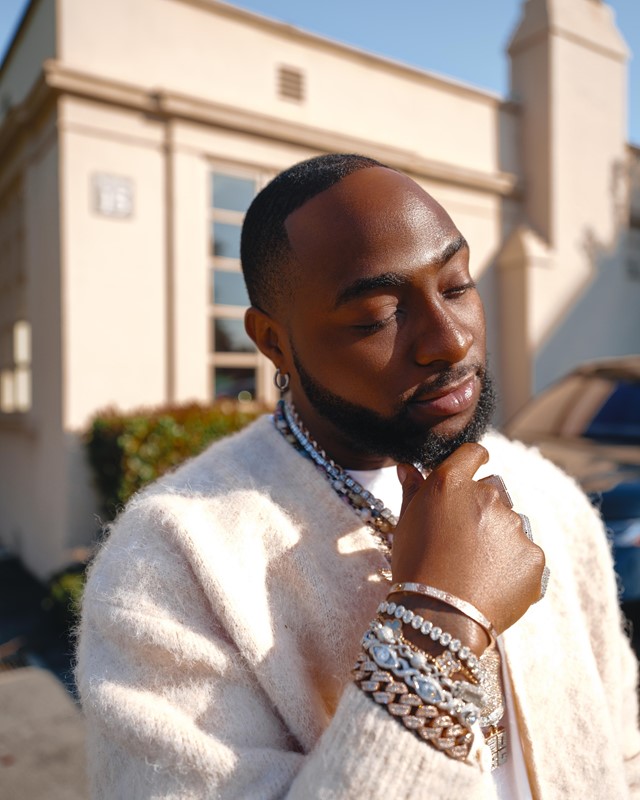
While the TikTok controversy has divided opinions on safety and fair pay, it also raises an important question around the future of music, and who does and doesn’t have access to mainstream success. “I’m happy that [TikTok] has provided another avenue for our music to be in the world because music is art. As well as listening to it, you need to see it and these platforms have created that visual dimension,” says Davido. “Do I think we would have gotten here without it? Absolutely,” he adds. “It has always just been a matter of time before African music went global one way or another. This just happens to be the way it played out.”
That being said, it’s hard to ignore the ways in which TikTok has ushered in a new cohort of mainstream artists from across the African continent and made way for collaborations with US artists; from South African pop star Tyla, who won a Grammy before the release of her debut album this year after going viral on TikTok with her hit “Water”, to the likes of Nigerian artist Rema, who collaborated with Selena Gomez on the remix of his TikTok viral song “Calm Down”, which hit No 3 on the Billboard Hot 100. It’s no wonder then that the idea of the app being banned entirely in the US brings a level of threat and uncertainty to independent artists across the continent hoping to have their ‘viral’ moment to jumpstart their careers in the biggest music market in the world – particularly at a time where African music is more popular than ever.


